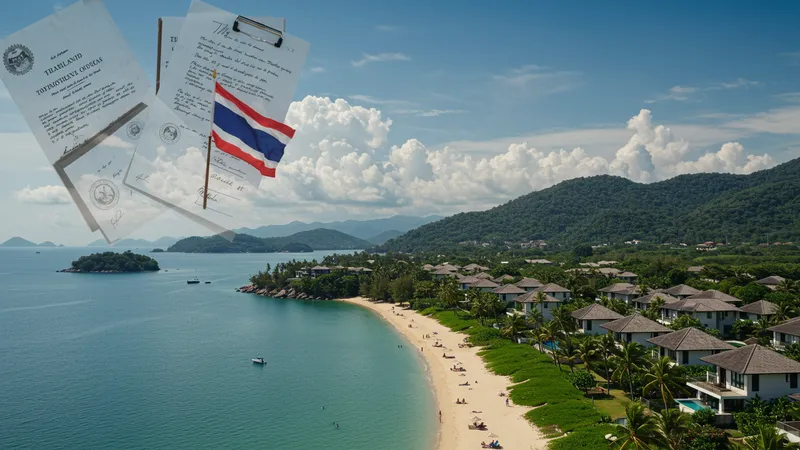
Ultimate Guide To Vacation Properties In Thailand
Ownership Structures and Legal Considerations in Thailand Vacation Properties
Property ownership laws in Thailand are distinct, particularly for non-citizens. While foreigners can legally own condominium units (provided total foreign ownership does not exceed 49% of a building), acquiring landed properties requires alternative approaches, such as 30-year leaseholds or forming a Thai limited company. These options provide ways to enjoy a house or villa legally, with certain rights and renewal possibilities, but understanding each nuance is essential before proceeding with any purchase.

The process of purchasing vacation properties often includes due diligence steps such as title deed verification and ensuring there are no outstanding encumbrances on the land. Buyers are also advised to hire local legal advisors with expertise in property transactions, especially when considering developments like Koh Samui Beach Villas or Hua Hin Golf Residences. This prevents costly mistakes and secures your position as a foreign investor.
In comparison to some countries, Thailand implements stricter criteria for foreign investment in residential real estate. However, the flexibility of the condominium market means international buyers can often find urban or oceanfront options, such as Phuket Luxury Condos or Pattaya Seaview Apartments, with straightforward procedures and ample amenities.
Potential buyers should also be aware of ongoing obligations such as property taxes and maintenance fees. These costs vary by location and type—for example, villa developments in tourist zones like Koh Samui often include community maintenance charges, whereas city condos carry monthly fees for shared facilities. Factoring in these details helps create realistic financial plans and avoids surprises down the line.